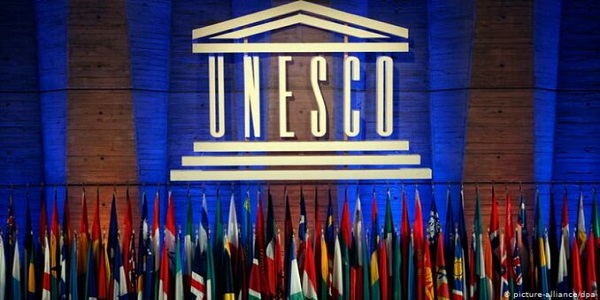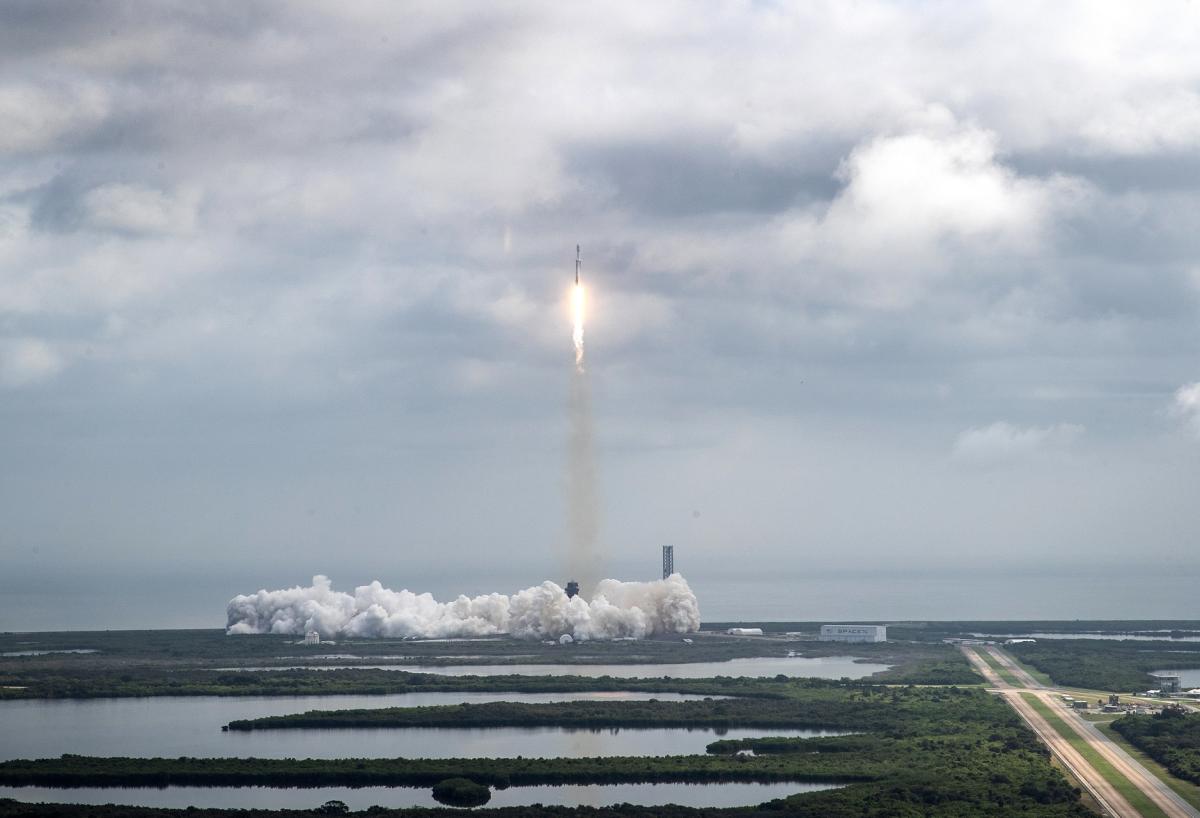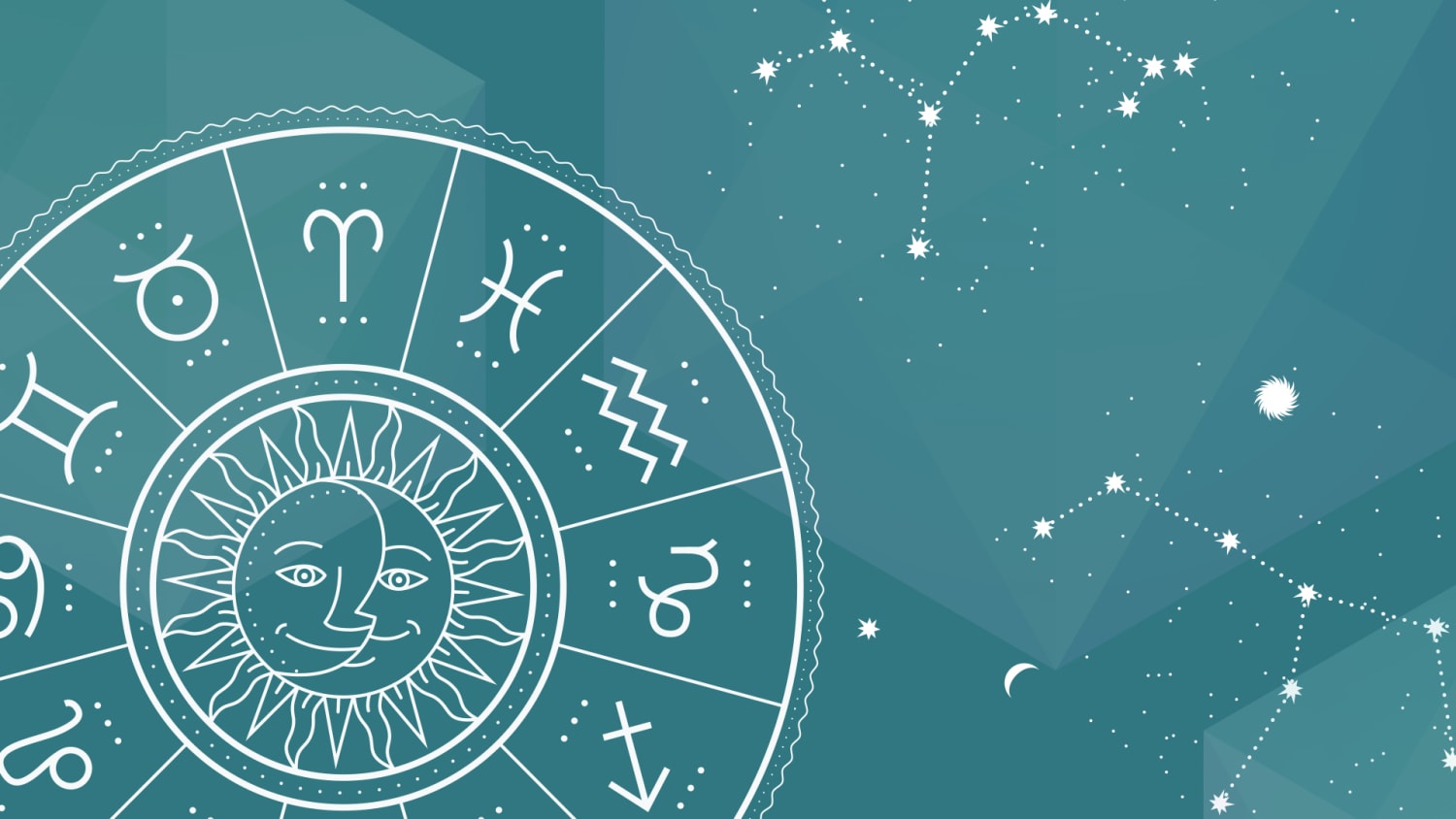Image taken from Telesur.
Paris, Nov 27 (Prensa Latina) Unesco’s 41st General Conference culminated this week with steps considered important in the objective of placing science at the service of peace and development, with an inclusive and multilateral vision.
The forum of one of the governance bodies of the UN entity specialized in education, science, culture and information issues met in this capital between November 9 and 24, with relevant moments such as the commemoration of the 75 years of created Unesco and reelection for a second term as general director of the French Audrey Azoulay.
The 193 Member States adopted the first international framework on Open Science, aimed at making it more transparent and accessible to humans.
Also for the first time, this concept focused on inclusivity and international cooperation was defined, which in principle should allow the use of open licenses and the exchange of data and information, for the sake of a collective benefit for humanity of scientific achievements and innovations. , actually a colossal challenge.
The Covid-19 pandemic revealed how open science practices, including access to scientific publications, data sharing, and collaboration, can accelerate research and strengthen links between science policy and society, Azoulay stated.
According to the Director General, the recommendations issued by Unesco in this field will promote inclusive benefit and cooperation, based on common understanding, investment in infrastructure and services, digital literacy, capacity building and the promotion of approaches innovative.
The 41st General Conference of Unesco was also the scene of the adoption of recommendations for an ethical use of Artificial Intelligence (AI), an initiative described here as historic.
The world needs rules for AI to benefit humanity, and we have taken an important step with this first global regulatory framework, which gives States the responsibility to apply it at their level, Azoulay stressed on Thursday in a meeting with the press.
The recommendations on AI are based on principles such as the protection of human rights, individual freedoms and the environment, inclusion and the promotion of peaceful and just societies.
The regulatory framework includes the request for data protection, transparency in its use, the prohibition of the use of social bookmarks and mass surveillance and the support of Unesco in terms of implementation and evaluation.
The Director General announced that the recommendations have a follow-up mechanism by the United Nations entity.
At its 41st General Conference, Unesco also approved the Paris Declaration, a global call to invest in the future of education, an agreement adopted at a meeting that brought together Heads of State and Government and ministers from 40 countries.
Regarding the sector, the impact on teaching of the Covid-19 pandemic was addressed, which left 1.6 billion children and adolescents out of the classroom, with the risk that a part of them, residing in countries of the South, can never return to them.
Likewise, the Report on the Futures of Education was presented, the result of two years of work by a commission led by the Ethiopian president, Sahle-Work Zewde.




